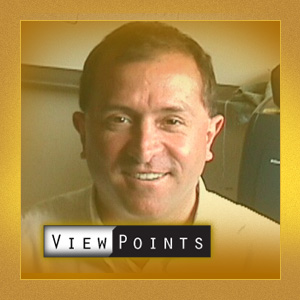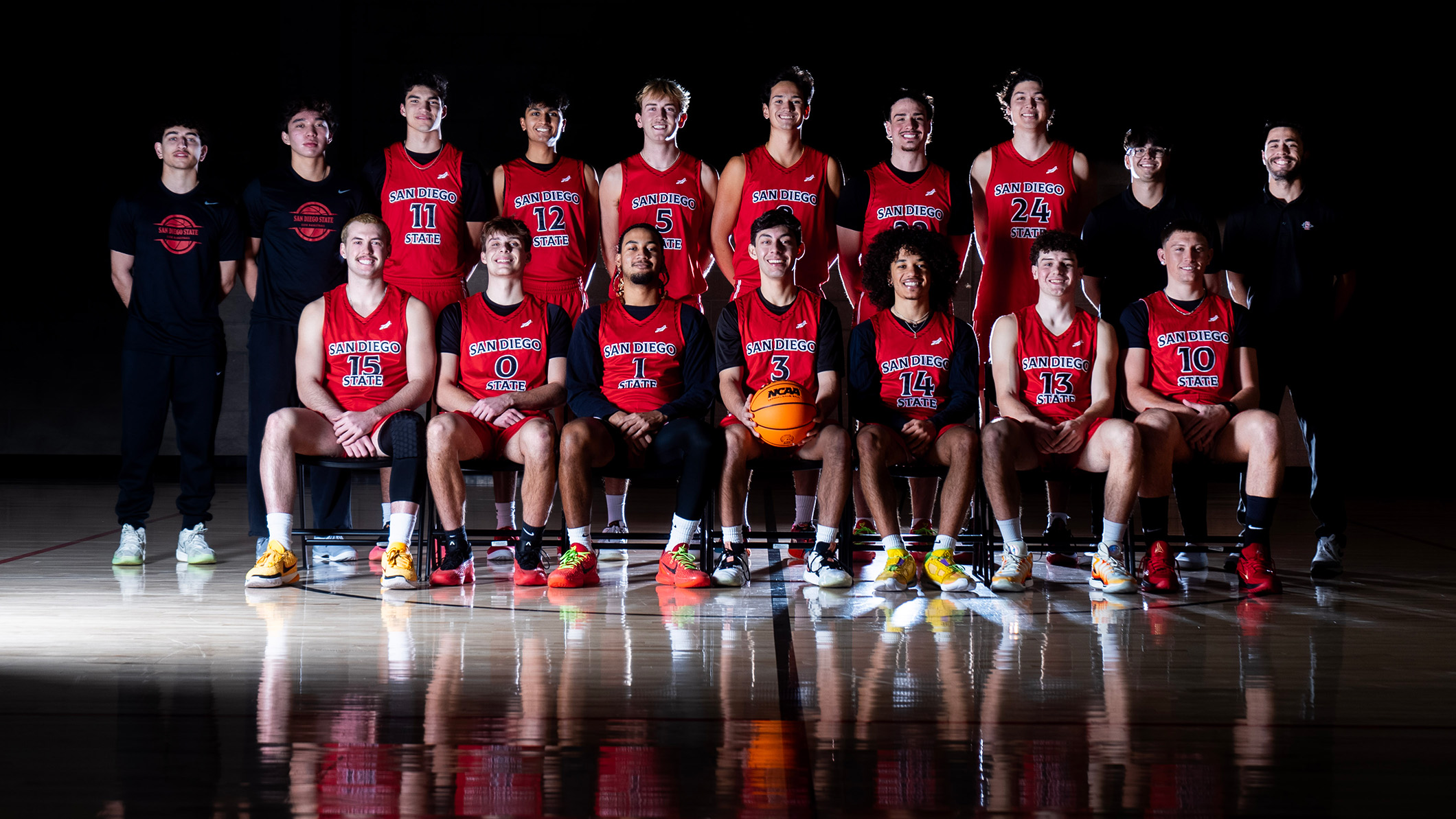Sustainability key to a healthier future
ViewPoints: Engineering professor Thomas J. Impelluso offers an opinion on sustainability.

I remember the 1968 New York City blackout. We entered the darkened hallway of our Bronx apartment building, father in front, us children behind, and mother trailing. Families met, sharing curiosity, concern and candles. Then we returned to our apartments and awoke to a new day with a shared experience to remember.
I remember the 1977 New York City blackout, preceded by severe thunderstorms. It had been a hot summer, the Son of Sam had been terrorizing the city, the Bronx had begun to burn and “Disco Inferno” had dominated the radio. There was a slight brownout, and then came darkness. I remember the sirens, the breaking glass as looters smashed dealerships and drove off with cars. The fabric of life’s web seemed to be unraveling.
San Diego State University, under the guidance of Dean Geoff Chase, hosted a faculty institute for sustainability in Balboa Park in August. Faculty were encouraged to introduce sustainability concepts into the curriculum. We listened to speakers on community, preventive action, natural landscaping, sustainable manufacturing and natural design. A representative of the San Diego Zoo even told us how leaves are designed to enable water to roll off more efficiently, alluding to the design of the new Airbus A380.
There was no politics, just a recognition that we must address our diminishing resources.
At the close, as we contemplated what we learned, I wondered what the different public response to these two seminal events in my life—the blackouts—said about America.
It would be naive to ascribe one cause. But one possible explanation did emerge in my mind. In the years before that first blackout, the American manufacturing industry led the world to satisfy needs. Then it aligned itself with advanced marketing and began to create needs—wants that were and remain unsustainable. That night in 1977, I believe I witnessed the insatiable and irrational hunger for things that were not needed.
I shudder when new reports refer to me as a consumer. I’m not some yellow blob in a Pac-Man game consuming energy pellets and buying what I do not need. For me, the day after Thanksgiving was never a time to rush to the malls. That is an image fostered by marketing people, inducing us to buy, buy, buy. And now news shows are reporting on CyberMonday as if it were a new religious holiday.
Unlike today, when I was a child visiting family in areas surrounding New York City, there were no signs advertising garage sales or the sales themselves (and I am sure this was true of San Diego back then, too). We simply gave to our neighbors what they needed and we no longer did. We shared our lives. We sustained our lives.
San Diego State University is searching for ways to help students recognize that we are all connected in this web of life—to encourage discussions of sustainability in disciplines ranging from mechanical engineering to communication, accounting, computer science and history. The goals of the SDSU Center for Regional Sustainability are to enable students to recognize that we should minimize what we take and maximize what we give back or surely nature will replace us.
Are there solutions? Yes, but they will be difficult to implement. It will take patience and a politics that transcends a sound bite. It will require changing behaviors across the spectrum of our existence. It will require grandparents who wish to leave a better world for their grandchildren. It will require helping children adopt a healthier, less egocentric view of themselves. It will require business to recognize the need for conservation. It will require faculty to instill a sense of community and conservation in their courses.
It has taken us years to manufacture the dynamite, place the weapons and install the fuse. It will take as long to disassemble this environmental bomb.
We are all going to die one day. In the spectrum of individual, family, community, city, state, nation and world, demise comes most distinctly at the individual end. The freedom of immortality, however, is found at the grander end of this spectrum: in our relationship to this planet and our communities. In the words of Boris Pasternak’s Dr. Zhivago, we gain immortality in the memory that others have of us.
We must renew our sense of place and home and find ways to sustain our children on the earth. And in order to sustain our planet, we should focus less on consuming and more on living quiet, healthy, loving lives; living less in the light of the camera, and more in the light of the sun.
Impelluso is an engineering professor at San Diego State University.
This was originally printed in the San Diego Union-Tribune on Sept. 3, 2010. Editorial disclaimer: The opinions and views expressed above do not necessarily reflect those of San Diego State University or SDSU NewsCenter.



